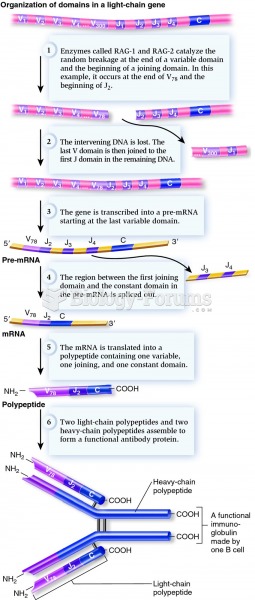Answer to Question 1
A
Answer to Question 2
Be courteous to those around you: Don't force those near you to hear your business. Don't step up to a service counter, such as at a restaurant, bank, or post office, while talking on your smartphone. Don't carry on a smartphone conversation while someone is waiting on you. Think first of those in close proximity instead of those on the other end of the phone. Apologize and make amends gracefully for occasional smartphone blunders.
Observe wireless-free quiet areas: Don't allow your smartphone to ring in theaters, restaurants, museums, churches, classrooms, important meetings, and similar places and situations. Use the smartphone's silent/vibrating ring option. A majority of travelers prefer that smartphone conversations not be held on most forms of public transportation.
Speak in low, conversational tones: Microphones on smartphones are quite sensitive, thus making it unnecessary to talk loudly. Avoid cell yell.
Take only urgent calls: Make full use of your smartphone's caller ID feature to screen incoming calls. Let voice mail take those calls that are not pressing.
Drive now, call later: Pull over if you must make a call. Talking while driving increases the chance of accidents fourfold, about the same as driving while intoxicated. Some companies are implementing policies that prohibit employees from using smartphones while driving for company business.
Choose a professional ringtone: These days you can download a variety of ringtones, from classical to rap to a movie theme. Choose a ringtone that sounds professional.
Text with caution: Don't text while driving, cycling, or walking down a sidewalk; all can be extremely dangerous. Don't text during meetings or while conversing with others; your attention should be on your counterparts. Don't text in a theater; a bright screen in a dark theater is distracting to others.







